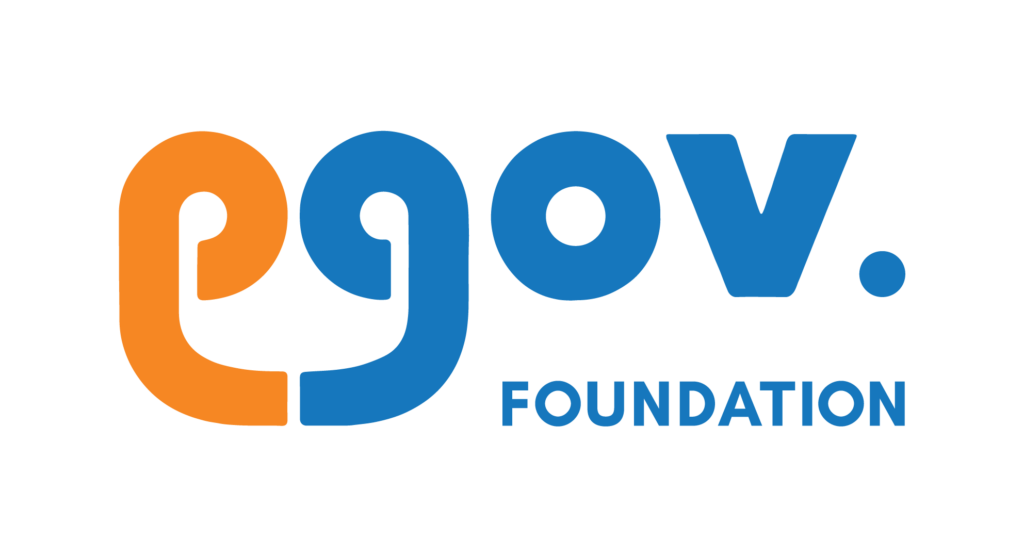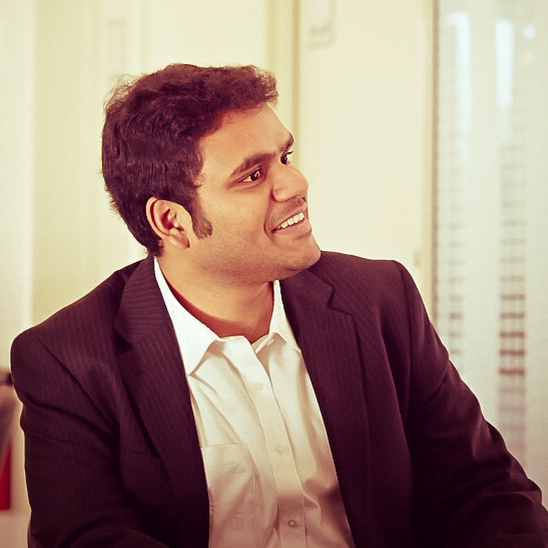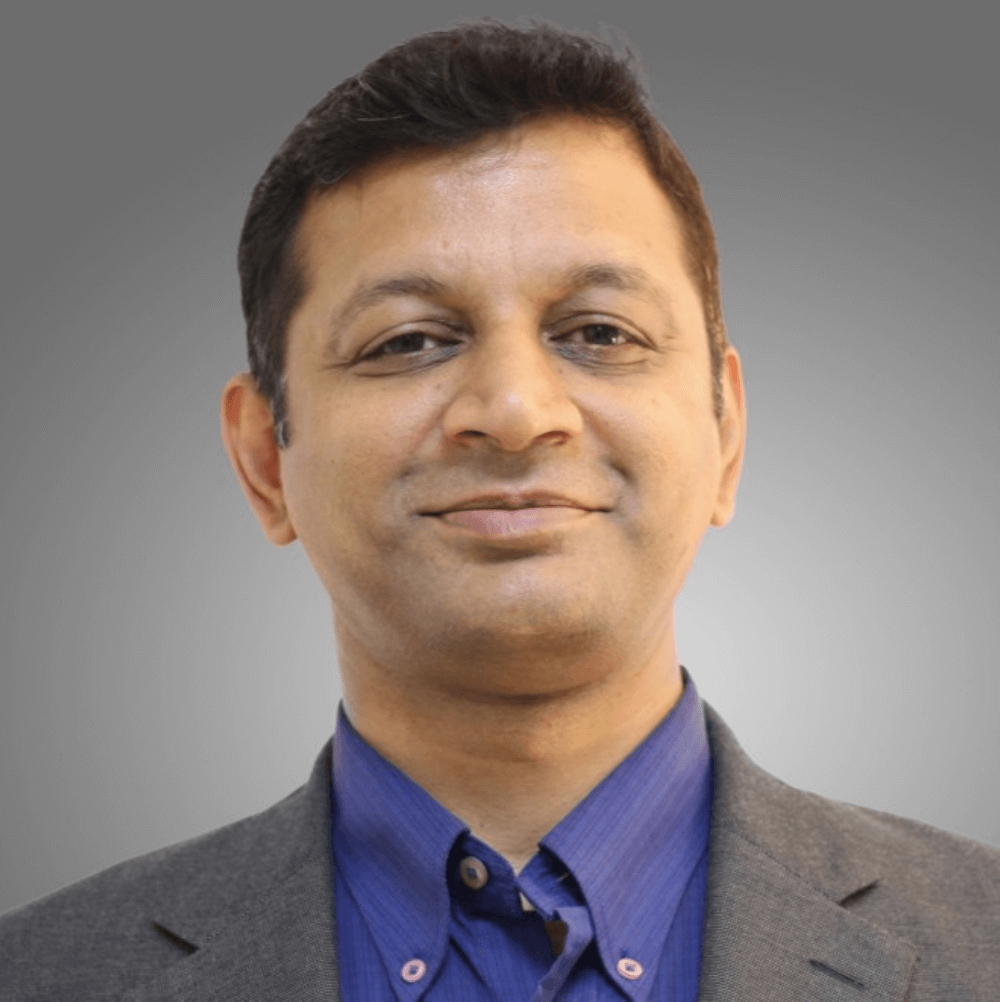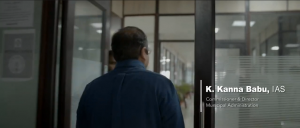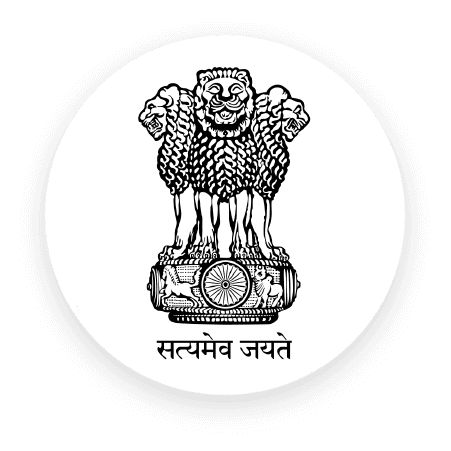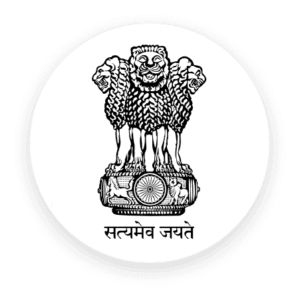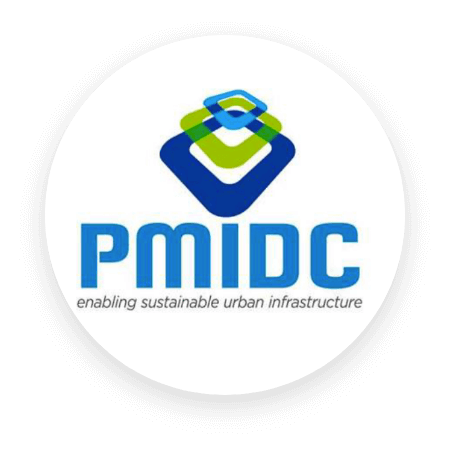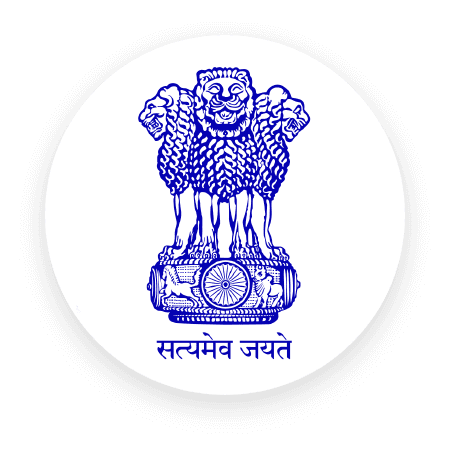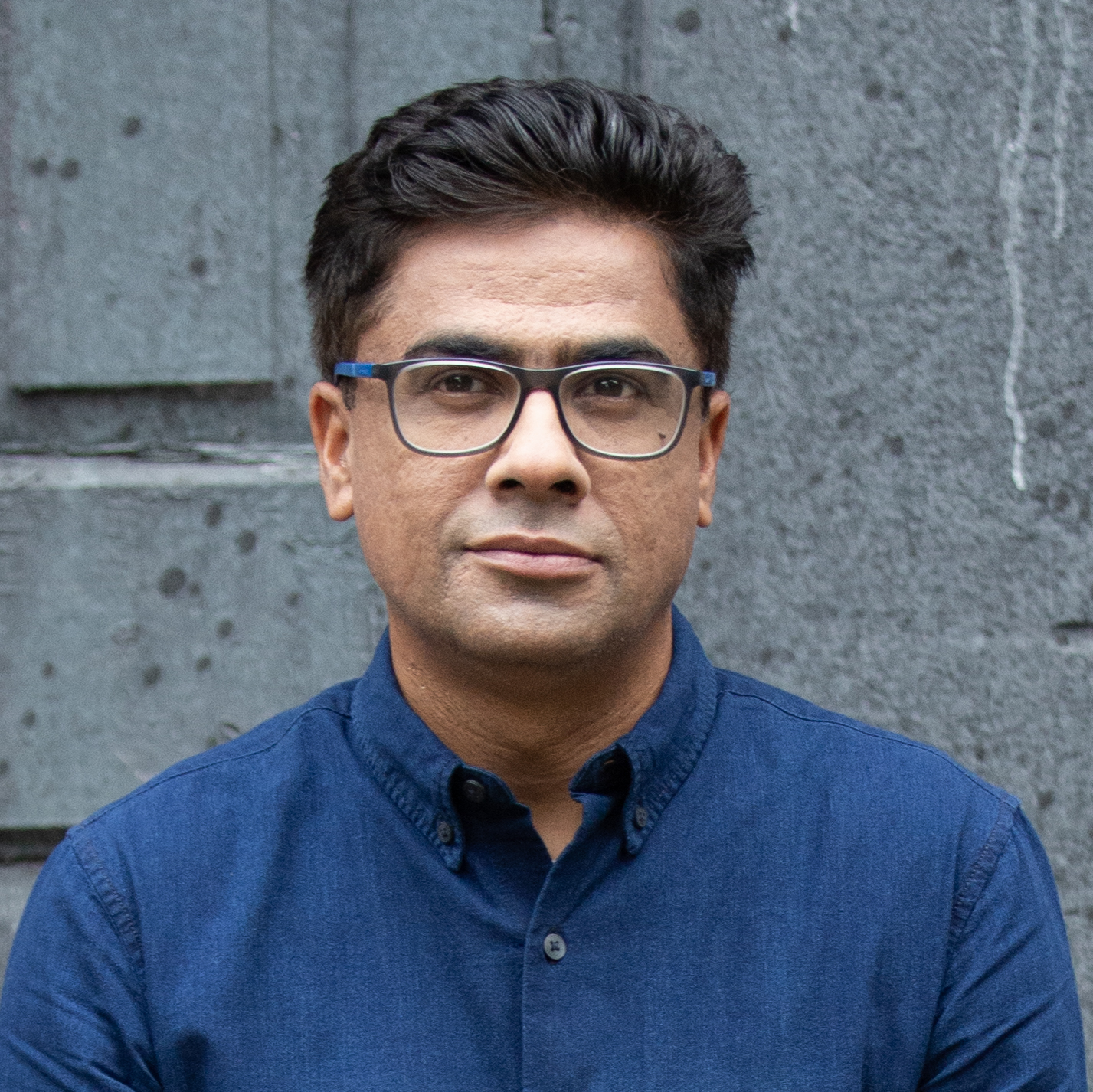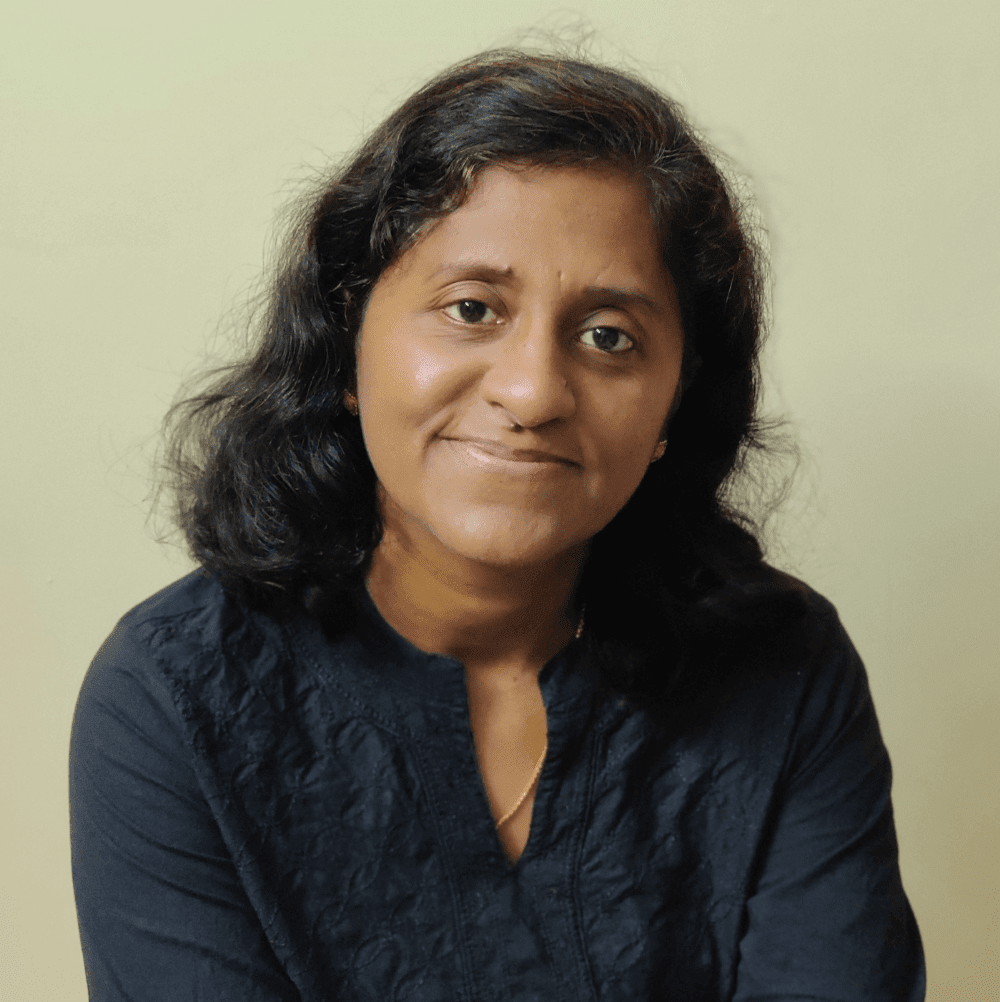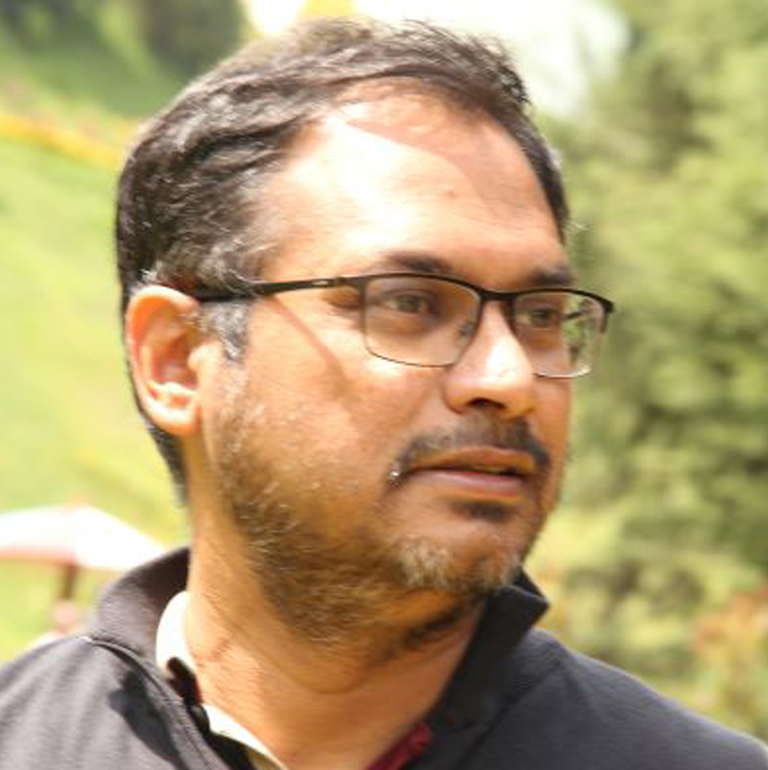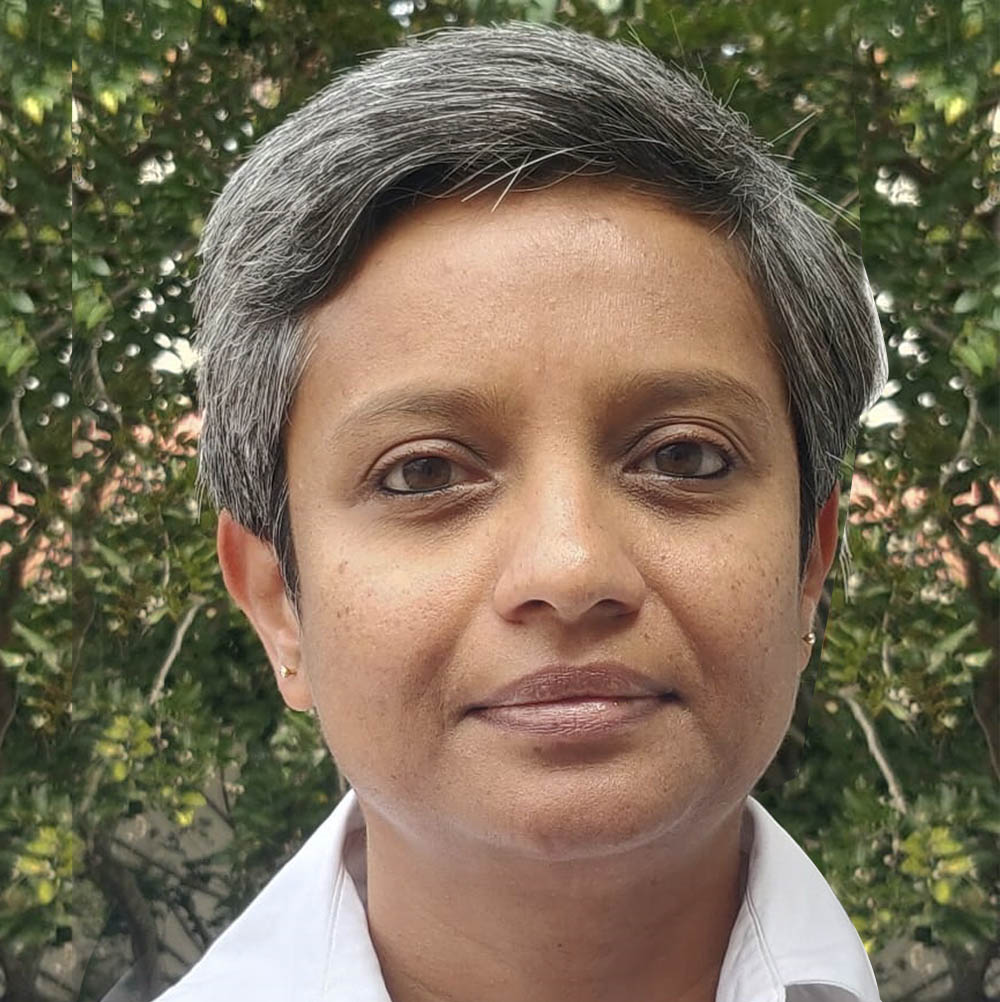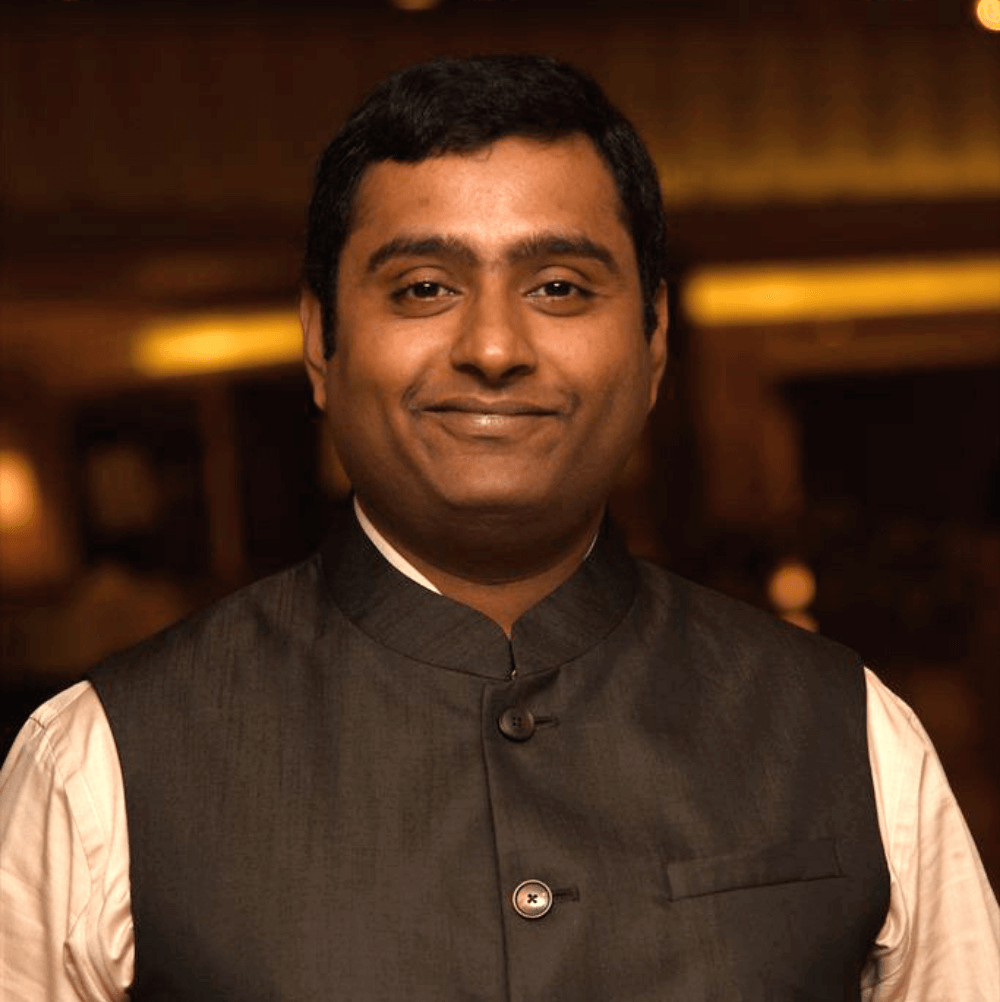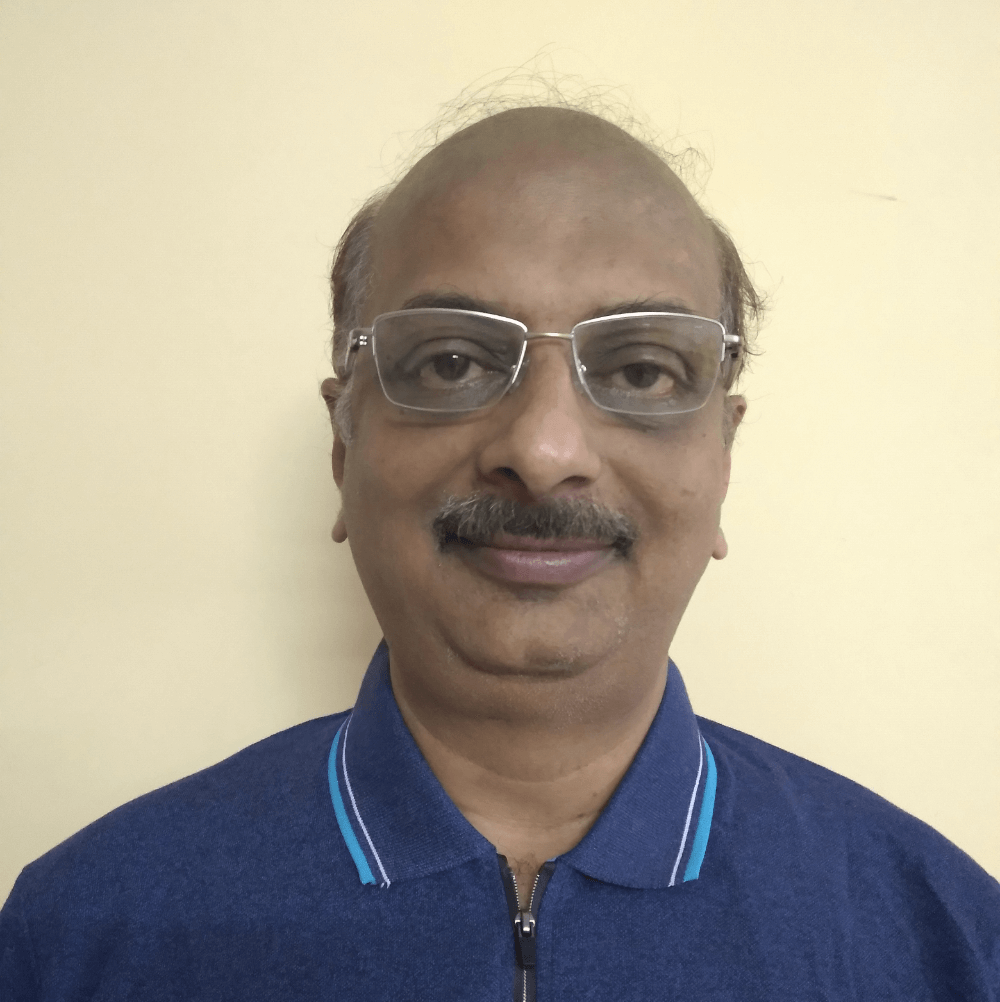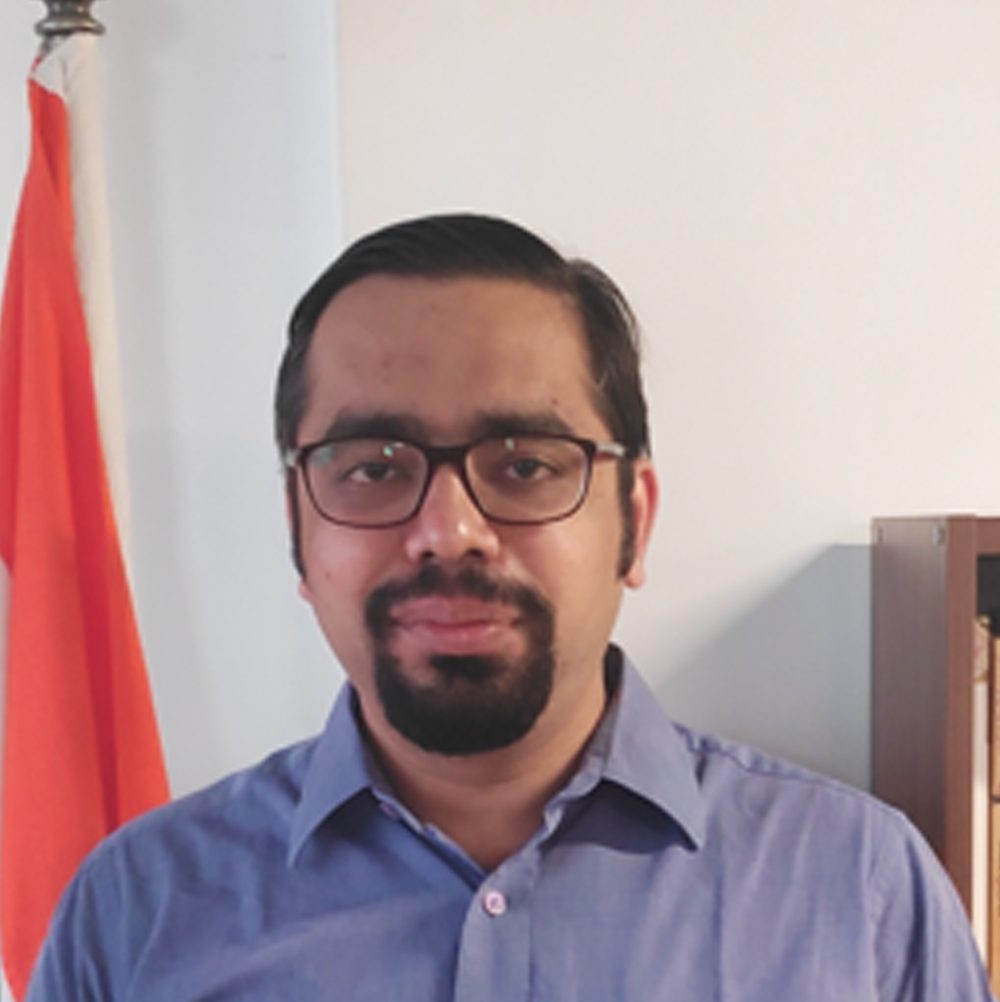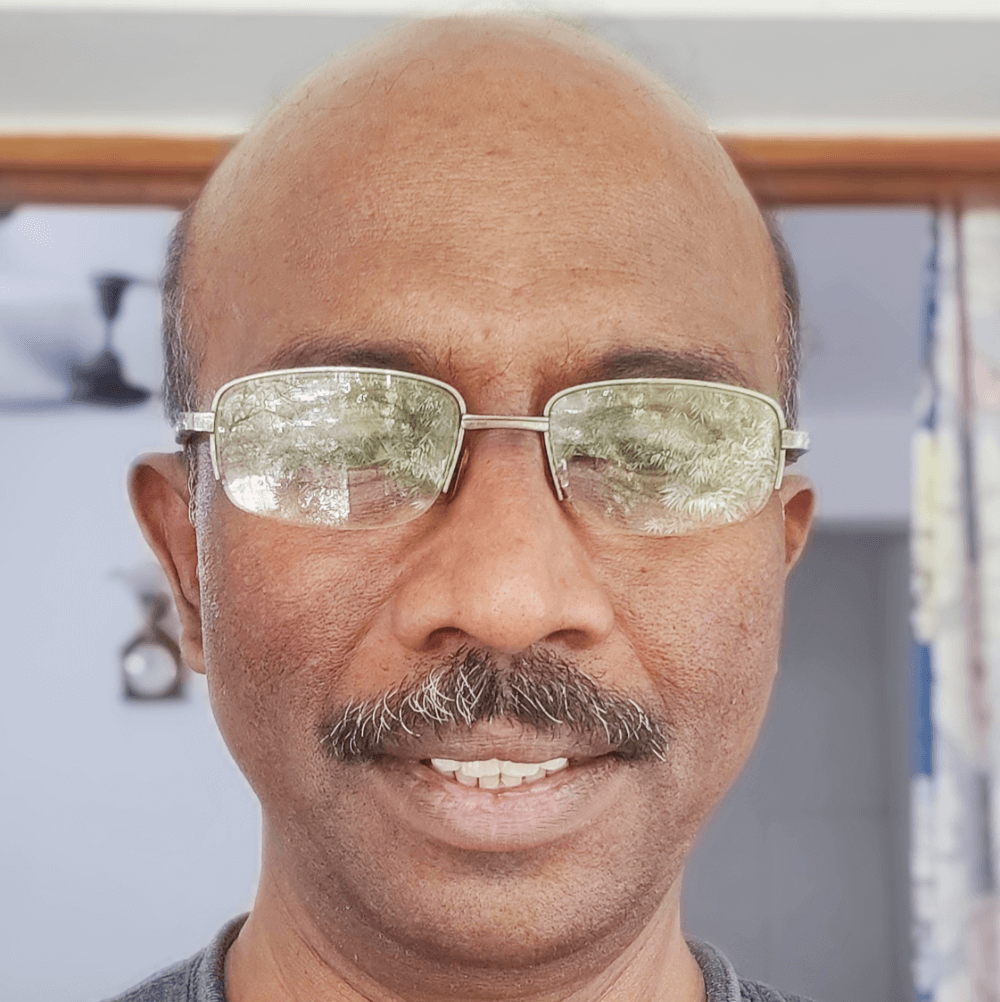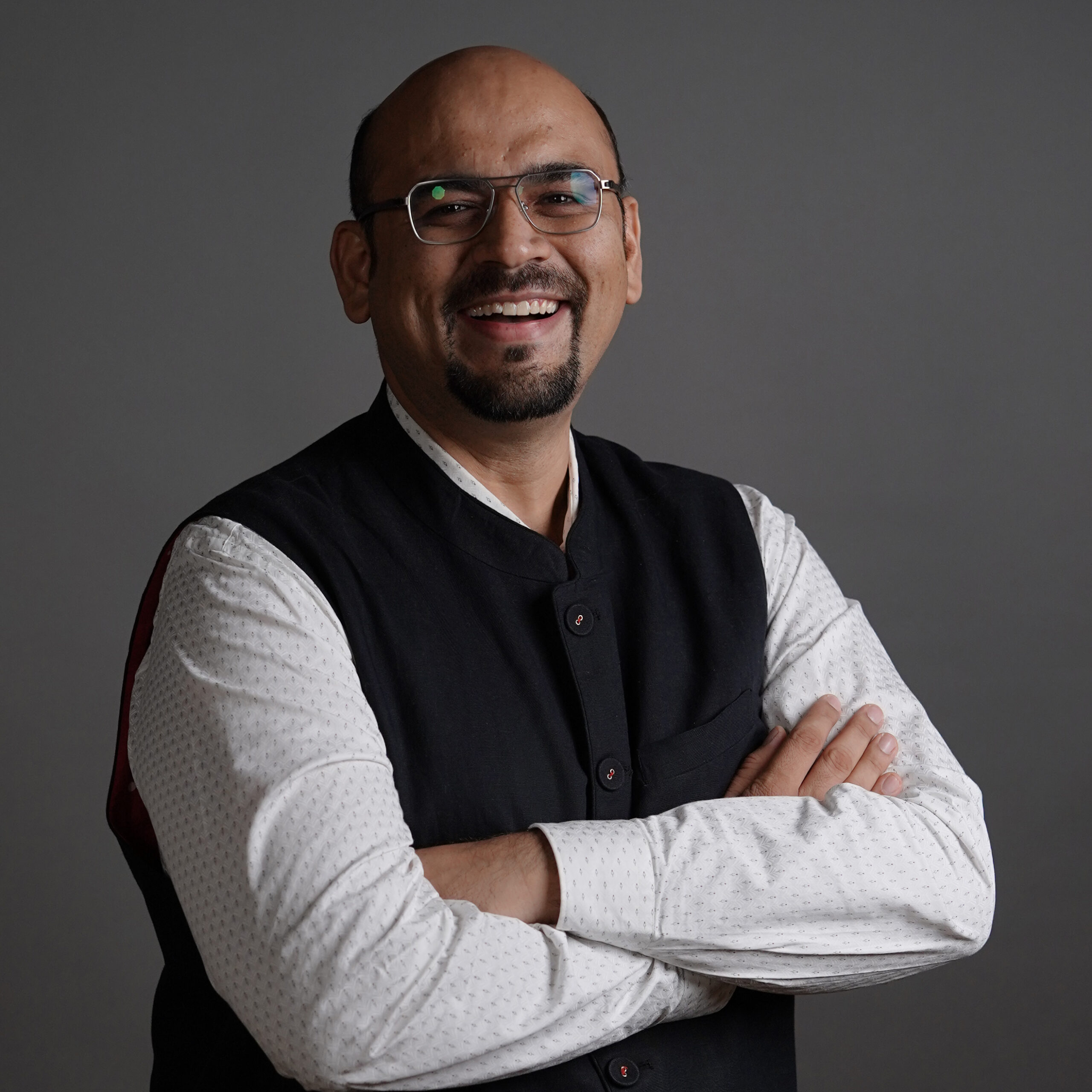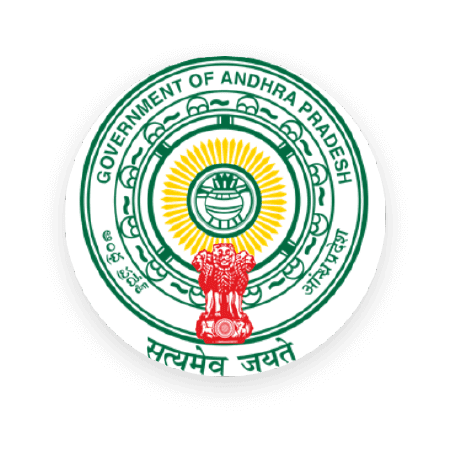Principles of data privacy and protection are primarily based on ensuring that a data provider/ data controller has control over their data. Control is founded on the principles of trust and transparency. The data provider must trust the agency with whom they are sharing data. The data receiver must be transparent about the pipelines through which this data will flow, the processing of such data and its byproducts. This would entail being transparent about the software and hardware designs, creating visibility on the processing and use of such data and in parallel choosing and designing such software on the basis of fair and ethical principles.
As citizens, we have a right to privacy. This right entails a right to know the nature of data collected, the reason, use and manner of use of such data by the government and private bodies.
Governments collect data from citizens to provide services they are legitimately bound to provide. In parallel, citizens have a right to control their data – know what happens to their data, how and why. Such a right requires the government to build trust by being transparent in its system function. Citizens have a right to know about infrastructure, design and structural systems that governments adopt to use their data and provide services.
This is a gap that free open-source software fills. It has inherent qualities of transparency, and customizability, available at a low or no cost.
What is FOSS?
Free and Open source software consists of software whose code base is open for all to view and in some cases free to use or charged at a certain sum. Software as a part of FOSS has to comply with certain standards and provide four freedoms – to see, use, modify and distribute code.
FOSS provides transparency on the nature of the software and infrastructure being used. It allows the adopting entity ( the one using the FOSS) to fully manage and own the data.
From a data privacy and protection angle – once the pipelines and systems from and into which data moves get visible, it gets easy for a data provider to trust, and hold the data user accountable and therefore control their own data. The creator of the code is visible and can be held accountable. Anyone is also allowed to suggest changes to the codes of such creators.
When we compare FOSS with proprietary software (closed-off source code), FOSS actually provides better security because the adopting agency decides the control mechanisms and not the private software designers. In the case of FOSS, the adopting entity can decide how to manage and define its data.
When FOSS is used by government bodies, these systems and pipelines are run by the government. The people can hold the government directly accountable for data management and use. In comparison, the government saves money by not paying the heavy costs imposed by private software companies for software procurement. It’s a win-win situation.
Nonetheless, Governments in India are still party to complicated and expensive contracts with proprietary software having minimal to zero control over the software design and indirectly zero control over how citizen data will be treated, processed or used.
When FOSS is low-cost, efficient, safer and more transparent, why isn’t the Indian government adopting it at a larger scale?
Today’s newsletter goes into understanding the research piece authored by Jasmine Folz on why FOSS is not as popularly adopted in India as it should be.
Jasmine Folz , a social anthropologist conducted her doctoral research based on ethnographic fieldwork with members of the Indian FOSS community to understand why FOSS has not been adopted by government agencies in India at a wider level.
She deep-dived into the history of FOSS in India, analysed a few real-time case studies globally and concluded with a few suggestions for the FOSS community to adopt. She found 5 reasons why the Indian government has not adopted FOSS in its element:
- Lack of awareness: many government decision-makers are unaware of the advantageous option that FOSS provides, leading to its non-adoption
- Politics: There are pro-FOSS political members but also those who would adopt proprietary software given in favour or in donation
- Migration: the issue of moving from an existing software system to a new one has time, effort and money costs. Most of the government bodies have adopted systems, and the transition from this would have costs
- Technical support: using FOSS at an institutional level requires training. Either such talent needs to be built in-house or outsourced. This would imply costs and time investment in government agencies.
-
Lack of branding: FOSS is usually not as well advertised in comparison to proprietary tech. Therefore it is assumed to be inferior to proprietary technology.
She suggests four primary ways to make governments adopt FOSS at a higher level:
- Find a way to unite the free software and open software groups within FOSS : They are usually at battle on ideological differences on what FOSS outcomes should be. The differences aren’t very extreme. The unification of the open source and the free source groups would help FOSS tech bring social and equity changes as well as make it cost and time effective.
- Avoid openwashing: software agencies that are not truly open i.e if they aren’t licensed as per the agreed standards set by the FOSS community as well as hold licenses approved by the Open source initiative, then they aren’t a FOSS. Falsely claiming to be an open source or free source software causes misleading and confusion in the minds of the users of the software on what FOSS is.
- Build against proprietary pressure: Governments must be open themselves as well. The proprietary software providers have a strong hold on governments resulting in the government bodies entering into expensive software procurements and licenses. There is a need for FOSS members to unite and build a narrative together for the adoption of FOSS in governmental agencies.
- FOSS is a tool, not the answer to all problems: FOSS is definitely very useful, cost-effective and scaleable but it is definitely not an answer for a complete structural change. Even though FOSS is open source and free, it does not mean that it’s always to be good. FOSS is the tool, using the FOSS in a trustworthy -ethical manner is on the government agency.
